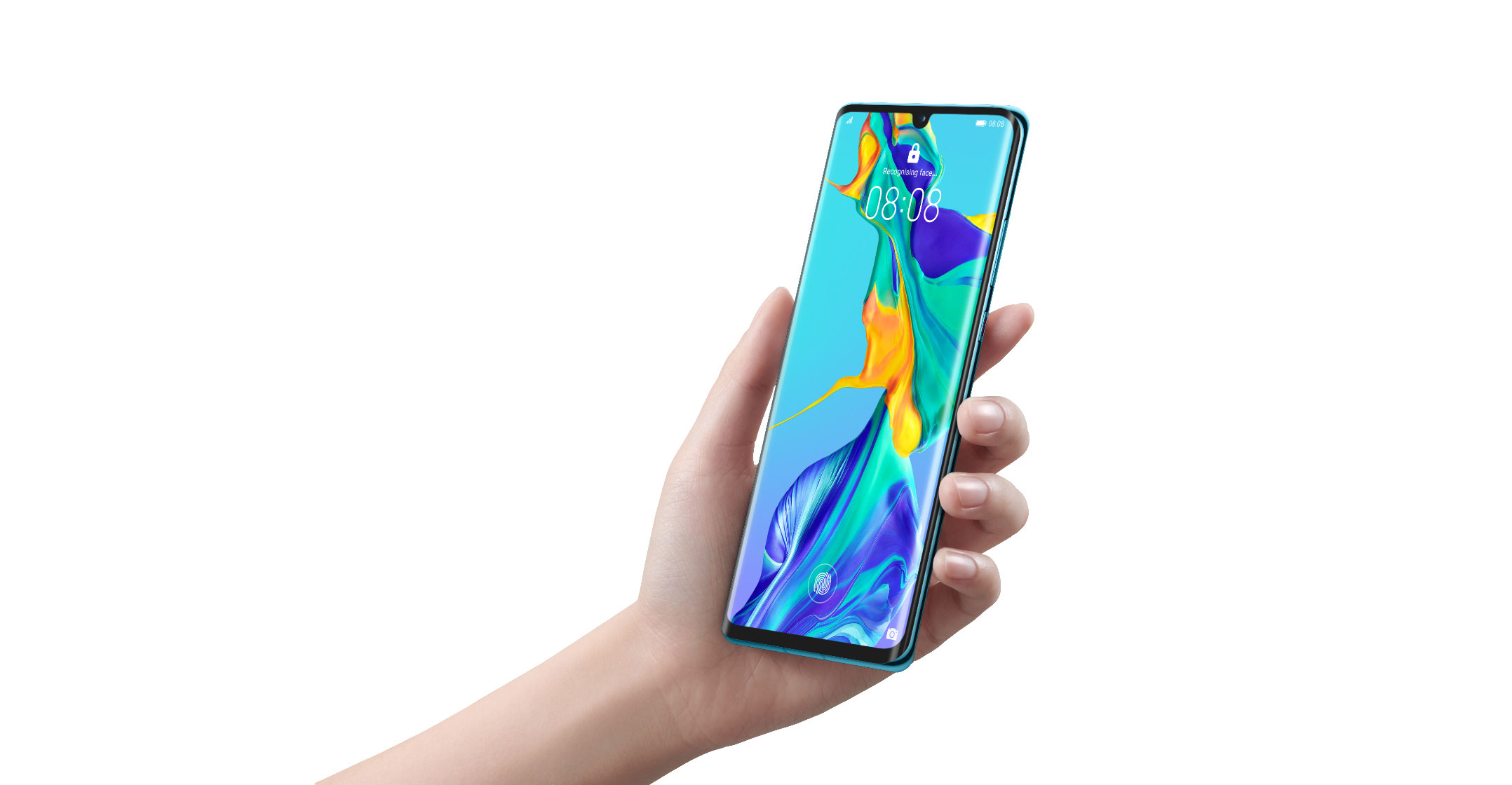
Google has restricted Huawei’s access to parts of its Android operating system, casting doubt over the future of the Chinese company’s smartphones. Here is a closer look at how the decision could affect Huawei phone users.
What has Google done?
The tech giant has confirmed its compliance with an executive order issued by US President Donald Trump last week, which greatly restricted the ability of companies deemed “foreign adversaries” to access US technology without government approval.
As a result, Google has restricted Huawei’s access to its Android operating system, the widely used mobile software that powers Huawei phones and tablets, as well those made by Samsung and a host of other firms.
How will it affect current Huawei phone users?
Both Google and Huawei have said they will continue to support existing Huawei devices — as well as those of sub-brand Honor.
That means current Huawei smartphones should continue to function normally and users should be able to update their apps and other parts of Google’s Play Services.
What about the company’s future devices?
When Google launches the next version of Android later this year, it is unlikely to be available on Huawei devices.
New phones from the Chinese manufacturer may also no longer include apps such as YouTube and Google Maps.
Instead, the company could use the basic version of Android available through its open source licence — similar to how it works in China, where Google doesn’t operate — or it could choose to build its own operating system and run its devices on that.
Will other Huawei products be affected?
It is unclear at the moment but Huawei’s well-regarded range of laptops run on Microsoft’s Windows 10 — another operating system which originates in the US.
There has been no comment from either Huawei or Microsoft on when or if any restrictions will apply.
How likely is a Huawei own-brand operating system?
Huawei confirmed earlier this year it has been working on such a piece of software for some time in preparation for potential bans or restrictions placed upon it.
Some reports suggest the company has been developing it for over five years and could have it ready to roll as a “plan B”.
The company already uses a version of Android in China that does not include Google services and so could base its software on that.
Huawei would not be the first company to use its own operating system — most notably, Apple’s devices run on the company’s own-developed iOS software.
Why is Huawei so controversial?
The Chinese company has been accused of having close ties to the Chinese state, with some critics arguing its telecoms equipment could be used to spy on people in the West.
Huawei has always strongly denied the claims, insisting it abides by the laws of each country in which it is present.
The US, however, has taken a firm stance on the company, with the latest order backing up existing rules that effectively ban the firm’s phones from the country.
The order did not mention Huawei by name but has been widely interpreted to be targeted at Huawei, and also forms part of wider ongoing tensions between the US and China over trade.
The US has also urged its allies not to use its equipment or face being cut off from US intelligence because of the “unacceptable risk” the company poses.

